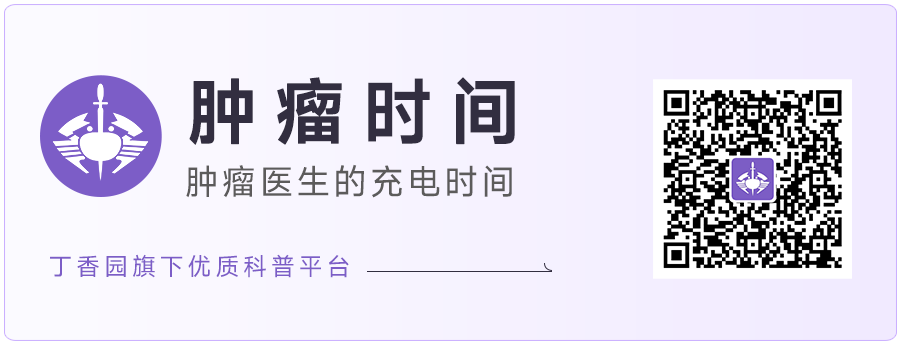
Conclusion
Currently, there are 15 ADC drugs approved globally, with 5 approved in China. It is believed that with the continuous development and progress of drugs, more ADC drugs will be approved in China, bringing treatment hope to more cancer patients.
Author: Jin Haobing;Editor: Cai Yuhan
Cover Image: Zcool Hailuo PLUS
Submission: [email protected]

References
1. Fu Z, Li S, Han S, et al. Antibody drug conjugate: the “biological missile” for targeted cancer therapy. [J]. Signal Transduct Target Ther, 2022.
2. Expert consensus on clinical application of antibody-drug conjugates for malignant tumors (2020 edition)
3. Drug instructions
4. Guidelines for clinical application of new anti-tumor drugs (2022 edition)